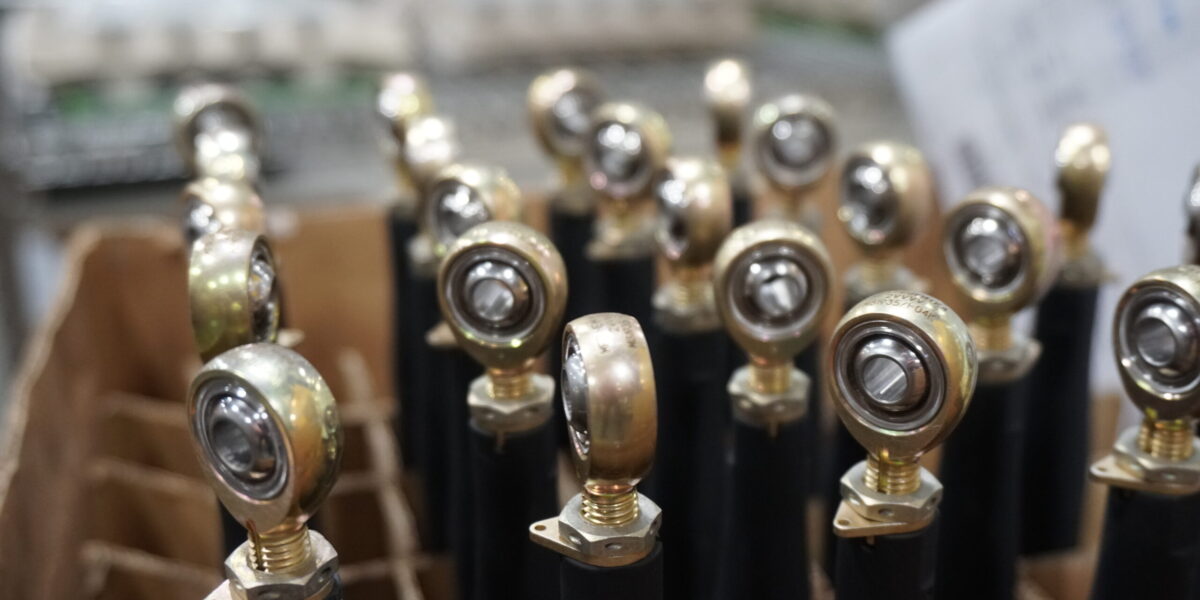Quality You Can Count On
AvtechTyee is committed to safely developing and delivering aerospace products that are valued by our customers for their compliance to requirements, as well as excellent on-time delivery and reliability. Our commitment is reinforced by continuous improvement of our people, processes and products.

Our Committment
AvtechTyee’s management is committed to ensuring the effectiveness of our Quality Management system. Continuous process improvement is a mindset in the AvtechTyee organization. Annual business plans and well-developed metrics drive product quality, schedule, and cost performance improvements. Quality Assurance is focused on training and performing scheduled internal audits to verify that processes remain in control and that best practices are well documented.
The Quality Management System (QMS) has been developed and certified to ISO 9001:2015, AS9100D, which are internationally recognized standards for quality in design, manufacturing and service. In addition, AvtechTyee’s quality system has been approved by the FAA Aircraft Certification Systems Evaluation Program (ACSEP).
AvtechTyee strives to ensure customer and applicable statutory and regulatory requirements are determined, understood and consistently met. Associated risks and opportunities are considered and addressed.
AvtechTyee and Transicoil AS9100 Cert. Exp-2_1_27
NADCAP Scope of Accreditation Chemical Processing
NADCAP Chemical Processing Certificate
Repair Station Operations Specifications
NADCAP Scope of Accreditation Heat Treating
FAA Repair Station Certificate
FAA Anti-Drug and Alcohol Misuse Preventative Progam Certificate
EASA Part 145 Approval Certificate
8801QS-Supplier-Quality-Assurance-Requirements-J-1
AvtechTyee and Transicoil AS9100 Cert. Exp-2_1_27
Transicoil Terms-of-Procurement-TCS Purchase
Transicoil Supplier Quality Requirements 20-020-Rev-J-1471707156
Transicoil Sikorsky Terms and Conditions
Transicoil Sikorsky Seller Quality Requirements SSQR SIK Supplier Quality Reqrmts-4-5-2017
Transicoil Repair Station Operations Specs
Transicoil Honeywell SPOC Manual Rev-N
AvtechTyee holds Quality Systems approvals from a wide variety of customers in the aviation industry including:
- Boeing Supplier Certification (D6-82479)
- Bombardier
- British Aerospace Honeywell
- Cessna
- Embraer
- Lockheed Martin
- Northrop Grumman
- Rockwell Collins
Technical data required by the TSO and instructions for continued airworthiness, including calibration and maintenance procedures, are specified in each unit’s Component Maintenance Manual (CMM).
In all cases, the conditions and tests for TSO approval are minimum performance standards. Those installing this article, on or in a specific type of class of aircraft, must determine that the aircraft installation conditions are within the TSO standards. The article may be installed only following 14 CFR part 43 or the applicable airworthiness requirements.
